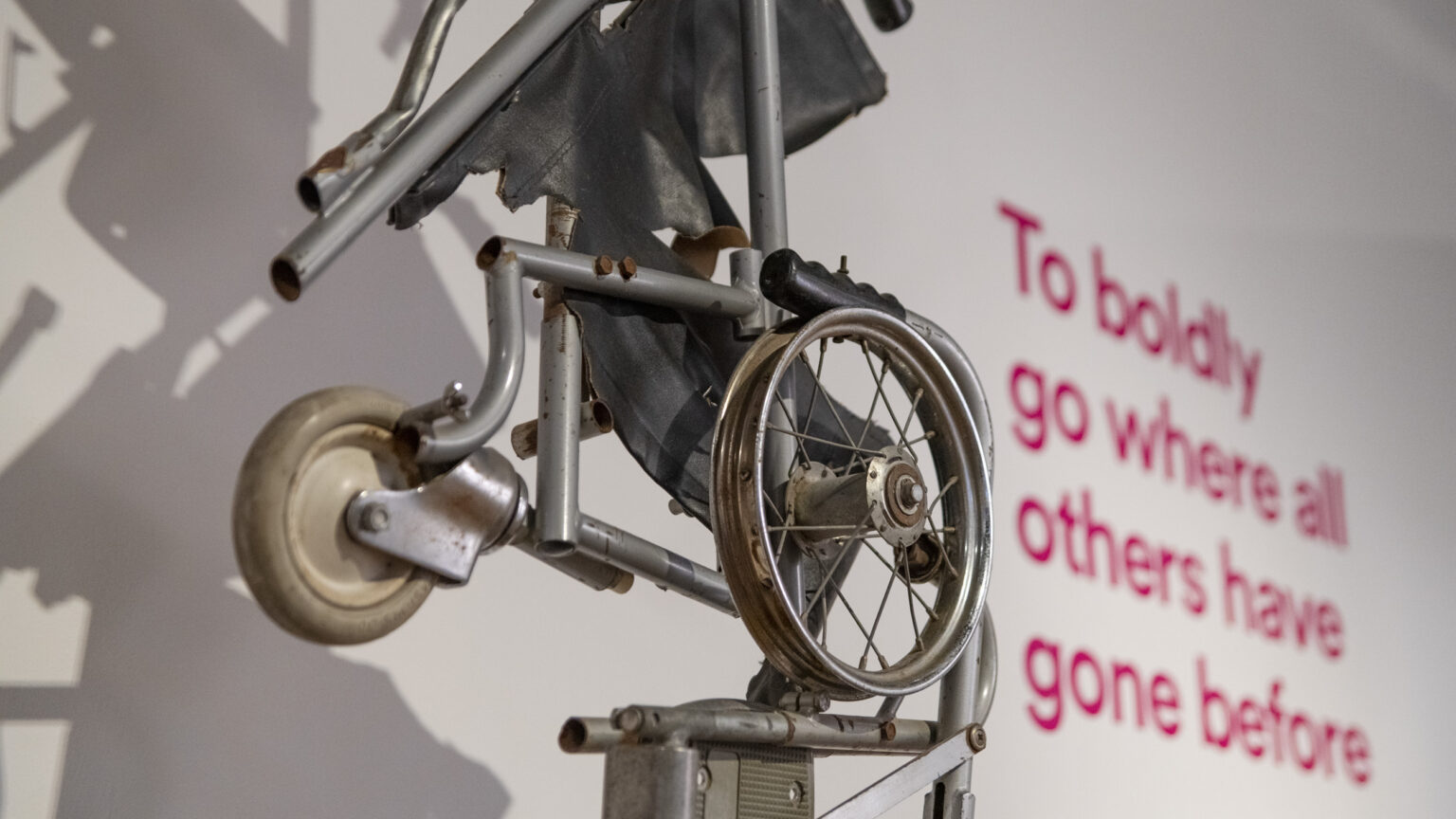Enjoy this article?
Most Museums Journal content is only available to members. Join the MA to get full access to the latest thinking and trends from across the sector, case studies and best practice advice.

Anti-ableism is the third themed Museums Journal after climate justice last year, and Museum X, the team behind the Black British Museum, in 2021.
Our focus on anti-ableism should be seen in the wider context of the work that the Museums Association (MA) is doing to address inclusion, access and representation.
One of our key goals is to develop an anti-ableism campaign that will support people to make meaningful change. Like all our campaigns, this will be a long-term project that will be created in consultation with the sector.
One of the things that will support our learning and knowledge sharing will be our November conference in Newcastle-Gateshead, where there will be lots of sessions related to access, equity and inclusion, particularly disability rights.
These include a talk on the Sensational Museum, a project funded by the Arts and Humanities Research Council that aims to transform access and inclusion in the sector by putting disability at the centre of museum practice and acknowledging the diversity and differences of all visitors.
The MA is among the organisations that is supporting the project and will play an active part in its development.
We are also aiming to make our conferences as inclusive and welcoming as we can.
To help us achieve this, we are being supported this year by Sam Bowen, Richard Sandell and Tony Heaton, who have advised on this issue.
Esther Fox, the strategic lead on Curating for Change – which creates strong career pathways for D/deaf, disabled and neurodiverse curators, and features in this edition – has also been supporting us with our conference plans.
So, what do we hope to achieve with this issue of the journal? We are committed to changing our practice going forward and have worked hard with our eight editorial advisers to bring new voices in.
We hope that their knowledge and ideas inspire you to reflect on your own practice and to take action to support anti-ableism work.
Overall, we want everyone to understand more about ableism, which often goes unrecognised by non-disabled people. And we also want to encourage the whole sector to be more equitable, inclusive and accessible.
What is ableism?
Ableism might be defined as “the discrimination of and prejudice against disabled people based on the belief that typical abilities are superior”.
At its heart, ableism is rooted in the assumption that disabled people require “fixing” and defines people by their disability.
Recently, I saw a disabled graduate in cap and gown stagger up at a glacial pace, balanced precariously on a walking stick, to receive his award. He almost fell over and it took him quite some time to regain a semblance of balance. It was painful to watch.
As a fellow disabled person I couldn’t help wonder why he didn’t make life much easier for himself and use a wheelchair.
The audience, though, were much quicker on their feet. They clapped, whooped and cheered – a standing ovation, you might say. What great performance had they witnessed?
I can only think that they witnessed a collective masterclass in ableism – a disabled person oppressed into genuinely thinking that, if he could raise himself heroically and stagger towards his degree certificate, he had somehow validated himself as – sort of – one of them: the non-disabled.
To be upright, on legs, made him somehow more acceptable. Trying at any cost to be like them raised the roof and, as such, reinforced the need for him to keep doing this to gain acceptance and approval.
Would they have applauded and whooped quite as much if he had made life easier and safer for himself by using a wheelchair? I don’t think so. From where I was sitting, it was, I felt, an example of ableism.
I might of course be prejudiced, and this wasn’t the case at all. He may have just been a particularly well-liked student. The audience can get a little excited on graduation day.
You decide…
Tony Heaton is a sculptor and a member of the Museums Association board
Most Museums Journal content is only available to members. Join the MA to get full access to the latest thinking and trends from across the sector, case studies and best practice advice.